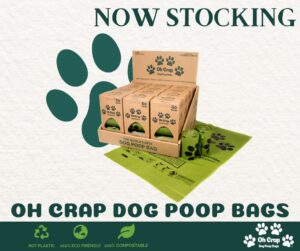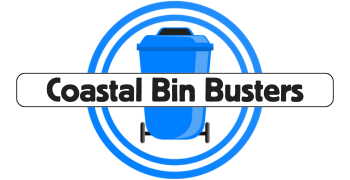What Is And Why Soft Plastic Should Not Go In The Recycle Bin
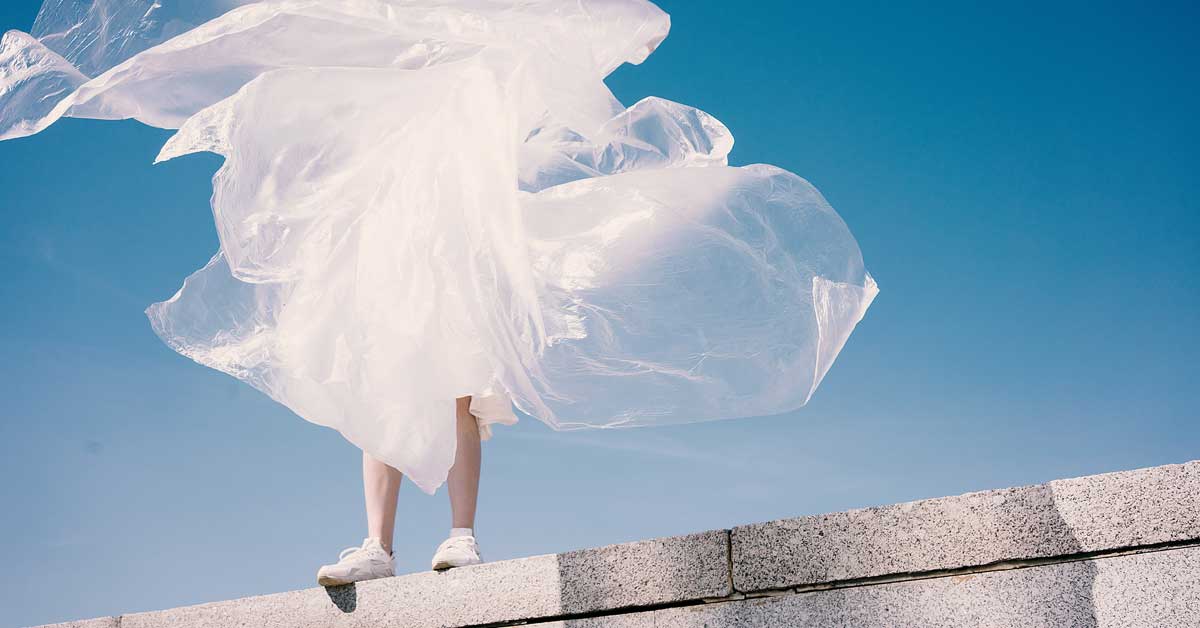
Why Soft Plastic Should Not Go in the Recycle Bin
Recycling is something that helps the environment and therefore, more and more people are doing it. The thing is, many people don’t realise that there are different types of recycling and that not everything should go into a recycling bin. One of those items is soft plastic, but this doesn’t mean that this type of plastic has to be thrown in your trash can. Once you know a little bit about the recycling process and how it affects different materials, you’ll know exactly what to do with each item that you want recycled, and that’s what this article will help you do.
Are Plastics Really a Problem?
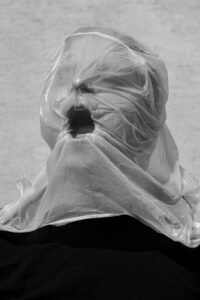
Plastics, such as soft scrunchable plastic like food wrappers, usually end up in the landfill. In fact, in Australia roughly 85% of all plastic is simply thrown away and not recycled. The problem is getting worse because since the beginning of the pandemic, the demand for certain items has drastically increased. This includes items such as plastic bags, bottled water, single-use coffee cups, and many others. As a community, there’s little doubt that we need to start reducing, recycling, and reusing whenever we can.
You may have heard or read that soft plastics should never be placed in your wheelie bin, but this doesn’t mean they cannot be recycled. The truth is, soft plastics shouldn’t go into a recycle bin because once they get to the recycling centre, they can get caught in the conveyor belt and cause all sorts of problems. In fact, these plastics have even been known to shut down the entire recycling system, which of course spells trouble. Hearing this, a lot of people have gone back to throwing out all of their plastic items, but this is really not necessary.
What Can You Do with Your Soft Plastics?
Many soft plastics end up in the trash can, which means they eventually end up in rivers, oceans, roadsides, and parks, but the good news is that this can be avoided easily by simply knowing what to do with them instead. When we say “soft plastics,” we’re talking about items such as:
- Shopping bags
- Fruit netting
- Dry-cleaning bags
- Plastic food packaging
- Basic plastic bags
- Bags for bread, rice, cereal, and pasta
- Ice cream wrappers
- Packaging for toilet paper and other such products
- Any old green bag or reusable bag
- Biscuit packs
- Frozen food bags
- Bags for fruits and veggies
In fact, any type of “scrunchable” plastic can indeed be recycled, but they cannot go in a standard recycling bin because of the problems mentioned earlier. So, what can be done with these items? Simple … simply stuff all of them into one bag, then take the bag to your local REDcycle bins that are located all over Australia. These bins can be found in hundreds of supermarkets in most large metropolitan areas, and since there are nearly 2,000 of them now available, finding one shouldn’t be a problem.
Once the items get to the REDcycle centre, they will be recycled one of two ways, and these are:
- Physical recycling, which turns these soft plastics into items that include roads and outdoor plastic furniture
- Chemical recycling, which means it is turned into oil and then used to make new plastic resins for fuel, as well as other things
If you’re wondering if the plastic you have in your home is a soft plastic, think of it this way: if you can put the item in one hand and scrunch it up into a ball, it is considered a soft and not a hard plastic. Keep in mind that REDcycle only recycles certain items, so do not place tin cans, rubber, glass, or cardboard into these bins. The bins themselves are usually found near the checkouts, so it is easy and convenient to bring them your soft plastics, and they’ll know what to do next.
What Happens to the Plastic Next?
After you scrunch up all of the bags and place them in a bigger bag, REDcycle will take it from there. The items go to the REDcycle centre first and then to one of the manufacturing partners used by the company. There, the plastics can be turned into numerous items for both indoor and outdoor use, including furniture, signage, road infrastructure, and products used to work in your garden. Other products and materials can also be made.
With all of this, there is one exception, and that is plastic bags that claim to be compostable or degradable. These should not be recycled with your soft plastics because they’ll start to degrade before the processing starts, which ruins the process. If your bag is compostable or degradable, never bring them to a REDcycle bin. Most of these bags will have a sticker on them indicating they are either degradable or compostable, so it is easy to determine which ones they are.
If you’re new to the REDcycle phenomenon and you’re unsure where their bins are located, log onto their website and enter your address. The closest supermarkets will automatically pop up on the screen and you’ll learn immediately where the nearest ones are to your home. Thanks to REDcycle, getting your soft plastics recycled is easier and more convenient than ever. All you do is bag up these plastics and place them in one bag, then take that bag to one of the REDcycle bins located in various supermarkets found in Australia. It really doesn’t get any easier than that!
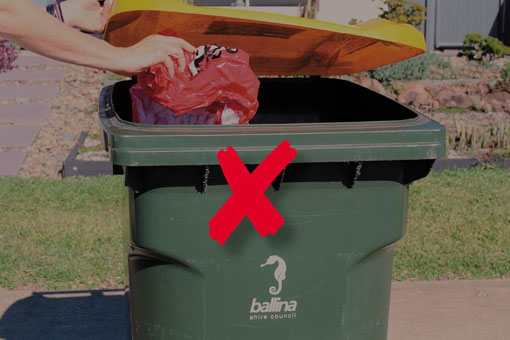
Conclusion
Less than a quarter of the people in Australia know that soft plastics can be recycled, and it’s likely that most of those people still don’t know what to do with the plastics once they have them. Putting soft plastics in recycling bins is a bad idea because of the potential problems that might occur, so it’s good to know that you have alternatives to this problem. Even better, the alternative known as REDcycle makes recycling these plastics so easy that you’ll wonder why you went so long without doing just that!
Popular searches
Our Services
Oh Crap Poop Bags
Feel the difference with their extra thick, compostable Poop Bags!
